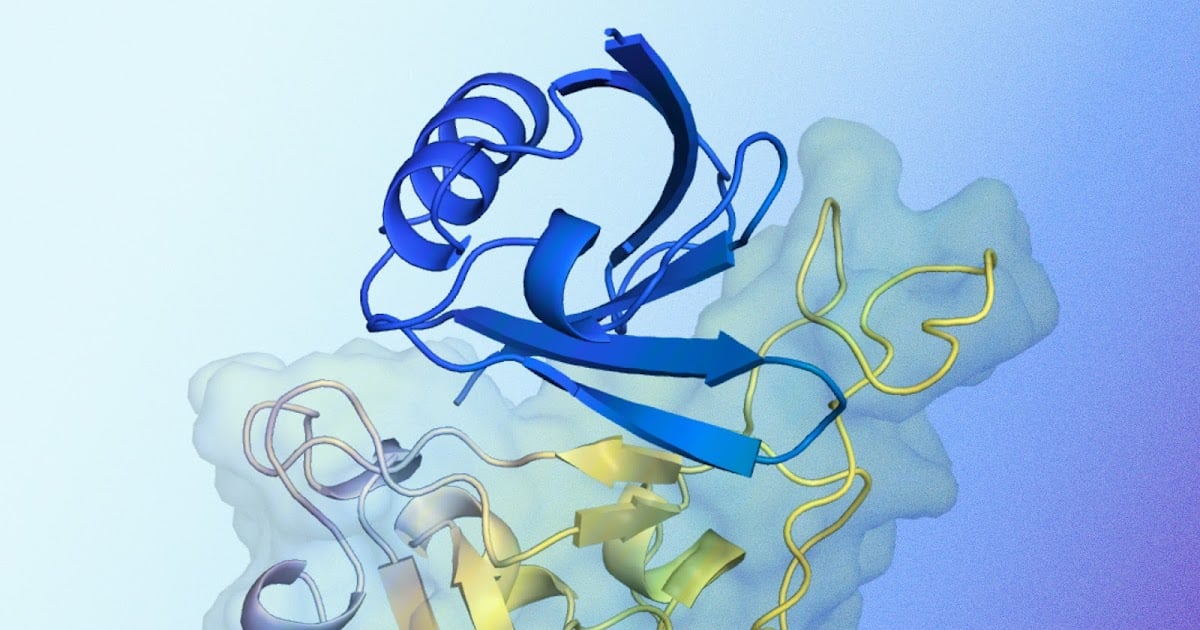Changes in transaction fees wouldn’t be so drastic though. As you can make tens of thousands of corrections per year (compared to a couple in the current system), changes wouldn’t affect you so much.
- 44 Posts
- 919 Comments
I don’t believe the current system (by that, I just mean the institutions controlling currency) is what’s killing us. The economic policies of different governments are the ones killing us.
I am a strong believer in leftist policies. However, I also believe that we don’t have a better system than markets. The presence of markets requires the presence of Keynesian economics if we want to avoid boom-bust cycles.
That being said, do I think Keynesian economics will continue to exist decades in the future? No. One of the biggest flaws of this system is that monetary policies require a lot of time to have an effect on the economy. This huge ping difference understandably introduces many issues.
There are better ways to control the amount of money in circulation (like fluctuating transaction fees) whose effects can be a lot more immediate. However, they require all money to be electronic.
No, you’re right! This is exactly why adjusting interest rates by the bank issuing a currency affects how much money is in circulation.

 4·1 day ago
4·1 day agoVaush?

 1·3 days ago
1·3 days agoHm, makes sense ig. Basically, what u’r saying is this from what I understood - AI romance/sex bots capable of making a significant drop in birth rates would come before AI bots that bring in labor post scarcity.
While I agree with this, I don’t think that the time difference between the two events would be significant enough for the drop in birth rate to be that damaging. Why? Because I’m assuming that development in AI would be that fast. I can’t think of many reasons as to why tech that makes it possible to serve as a good enough romantic partner (which is quite a complex task) can’t serve as a mental health therapist (with different fine tuning of course), customer service, retail, admin, secretary, etc.
One doesn’t need to replace 100% of jobs to cause unemployment related issues in the market. I think the effects of unemployment would be seen first before the effects of potentially dropping birth rates.

 53·5 days ago
53·5 days agoYour conclusion is based upon an assumption that we need more humans to progress as society. If AI develops to the point where it is better as a partner than a human being, it likely means that we have achieved, or are very close to achieving labor post scarcity (the assumption being that an AI capable of achieving this is capable enough to do most/all human work).
When we achieve labor post scarcity, the number of humans has nothing to do with progress. Therefore, falling birthrates won’t have any negative effect on progress.
When we achieve labor post scarcity in the medical field, life expectancy would increase, with us achieving biological immortality at a certain point. This means, that death rates also go down.
Considering the above, I thought you were referring to “dating and fucking AI partners” as the end of human progress (presumably because of a lack of any motivation to cause any more development). That’s what my reply was talking about.

 78·5 days ago
78·5 days agoSpending all time dating AI partners means that we have achieved labor post scarcity. If labor post scarcity isn’t achieved, then it means you have to do a job to survive (like now), thus not spending entire time with AI partners.
Achieving labor post scarcity means that scientific progress too would stop being connected with the economic productivity of individuals. Basically, AI scientists. Scientific progress means expansion of humanity through space.
Therefore, your great filter idea doesn’t really hold imo.
More like a loser, but yeah
Someone loves sucking on micro soft dicks (joking, wanted to make the micro soft joke)
So much operating that it takes TWENTY ONE AND HALF FUCKING MINUTES TO SHUT DOWN

 43·7 days ago
43·7 days agoNaah I like the wide spaces on the left and right. It looks too cluttered otherwise with unnecessary information

 8·13 days ago
8·13 days agoWhere did u see that? The map just says population ratio

 20·13 days ago
20·13 days agoImmigrant workers who tend to be males
So can I. It’s just that they’re… Expensive :(

 242·14 days ago
242·14 days agoOk, let’s see
- Fox moderator as verticalgong minister
- Killmonger as underworld minister
- Impregnator as health minister
- Hillbilly as vice president
- Very wrong theorecist as Justice Minister
Bottom text: Trump’s next Reich
Is my translation correct?
Mediums of information delivery change with time. Just because someone doesn’t read much doesn’t mean that they are idiots.











No. VAT is what you would consider to be fiscal policy. It would be a tax that the government imposes on you. The transaction fees would be money that ends up in the government’s coffers, which the government would put to use somewhere. Increasing/decreasing VAT wouldn’t decrease/increase the amount of money in circulation. It would just increase/decrease the amount of money that is in the government’s control.
The transaction fees that I’m proposing here would be monetary policy. There would be huge tanks of money that noone uses. They would be filled up/emptied depending upon how above/below the current amount of money in circulation is from the target.
More money in circulation? Transaction fees increase, more money gets pulled out from circulation and gets put in the tank. Less money in circulation? Transaction fees get lowered (mostly negative) to get money from the tank into the economy.
This is possible only using an online only currency with a predefined algorithm controlling the transaction fees.
Doing this with hybrid currency (like we have now) would be an absolute bureaucratic nightmare. Imagine having to pay 1.00023 dollars every time you get a bag of chips. Imagine being a business where you have to manually input, document and pay the daily changing VAT to the government. The current system of changing interest rates for the federal reserve funds reserves this tedious calculation to the banks instead of all businesses.